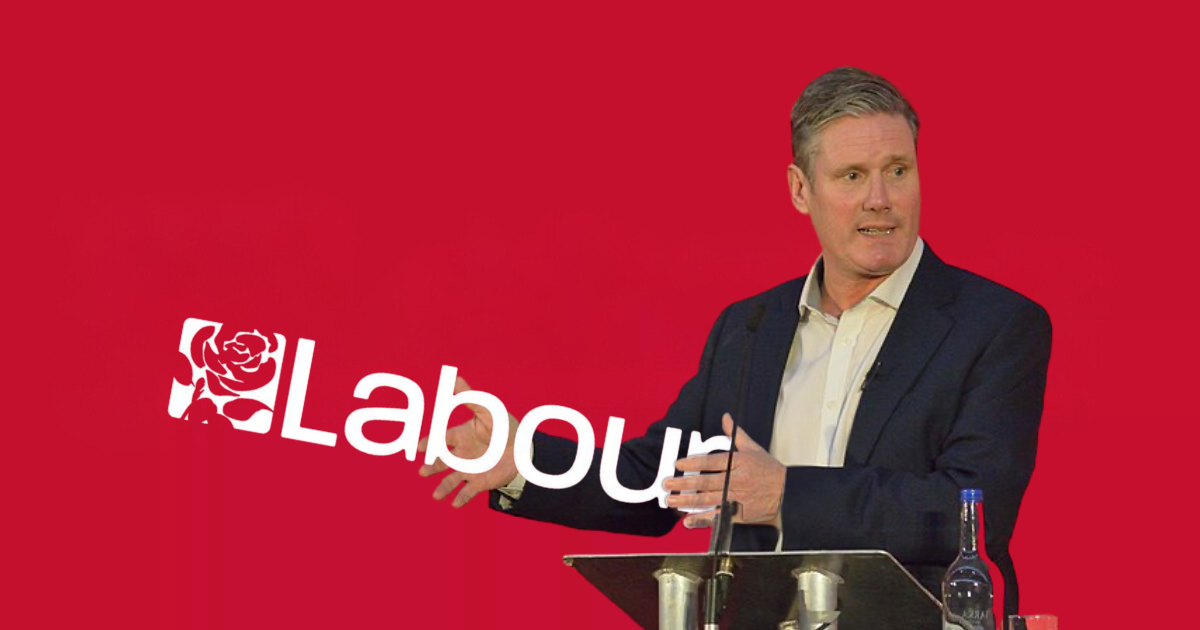In a political landscape fraught with disillusionment and unfulfilled promises, Sir Keir Starmer’s low approval rating—currently hovering around 25%-30% according to recent Opinium and YouGov polls respectively—becomes a microcosm of a deeper malaise afflicting contemporary British politics. It is particularly unusual for a leader’s approval rating to dip so low within just a few months of taking office, reflecting a rapid erosion of trust that raises significant questions about leadership effectiveness and public sentiment. Starmer’s case highlights a concerning trend in politics, particularly in the Western world: leaders are increasingly finding themselves unable to meet the expectations of a populace that demands immediate results and accountability.

On his road to 10 Downing Street, Starmer endeavored to cast himself as a unifying figure, a pragmatic leader capable of bridging the chasms carved by his predecessor and the enduring chaos of Brexit. However, this initial optimism has swiftly morphed into skepticism and discontent, revealing that the promises of stability and reform often collide headfirst with the realities of governance. At the heart of this approval debacle lies the inherent contradiction of Starmer’s positioning. On one hand, he aimed to be a harbinger of progressive ideals, a balm for the wounds inflicted by the Conservative Party’s years in power. On the other hand, he grappled with the imperative to cater to an electorate increasingly disenchanted with the very essence of political elitism and the remnants of the old Labour establishment. This duality breeds an unshakeable sense of betrayal among voters who once harbored hope that Starmer would herald a new era of authenticity and accountability, only to find themselves confronted with a leader who, at times, appears to echo the same technocratic platitudes that characterized the political status quo.
Moreover, the complexities of leadership during a time of crisis cannot be overstated. The public’s patience, traditionally a currency in political discourse, has become alarmingly scarce in the face of a series of crises—economic instability, housing shortages, mass immigration, and ongoing social issues exacerbated by austerity measures. Compounding this frustration is the reality of the recent electoral results: Starmer’s Labour Party, despite winning a significant number of seats, actually garnered fewer total votes than Jeremy Corbyn’s Labour in 2019, and far fewer than Boris Johnson’s landslide Conservative election victory in the same year. This contradiction casts a shadow over the narrative that the election was a “landslide” victory, as many analysts argue that such framing is misleading and overlooks the nuances of public sentiment.
Adding to the cacophony of discontent is the perpetual specter of the past. The legacy of Jeremy Corbyn continues to cast a long shadow over the Labour Party, and the struggle for ideological coherence remains palpable. Starmer’s attempts to distance himself from Corbyn’s leadership, while simultaneously appealing to a broad base, have led to accusations of inconsistency and betrayal from both ends of the political spectrum. Starmer is caught in a bind, trying to maintain support among Labour’s traditional base while simultaneously appealing to a broader electorate. The perception that Starmer is merely “a haircut with no spine”, as some Brits have put it, fuels an existential crisis within the party, leaving supporters confused and alienated .
Further complicating matters is the rise of alternative voices within the political landscape, particularly those advocating for a more radical reimagining of social policies. The increasing visibility of movements, such as the pro-Palestine demonstrations, shows a shifting paradigm in which voters are less inclined to settle for a moderate centrist approach. Many Brits, especially those that are young and from an ethnic minority background, want a visionary leader who embodies change. In this environment, the contrast between rhetoric and action is laid bare, and Starmer’s commitment to the status quo appears increasingly at odds with the populace’s yearning for a radical overhaul.
Additionally, the media’s portrayal of Starmer plays a pivotal role in shaping public perception. The relentless scrutiny and often sensationalist coverage contribute to an atmosphere ripe for cynicism and distrust–complex political realities are turned into digestible tropes, fostering a perception of ineffectiveness that belies the challenges inherent in governing. This oversimplification not only undermines Starmer’s legitimacy but also serves to exacerbate public disillusionment, thus creating a vicious cycle of negativity.
Ultimately, Starmer’s low approval ratings serve as a reflection of a broader crisis in political engagement, characterized by a profound disconnection between leaders and the electorate. Recent allegations of a two-tier justice system following the 2024 UK riots (sparked by the Southport stabbing) and the associated nickname “Two-tier Keir” illustrate yet another example of the growing discontent among the electorate. Amidst all the furore, can the Prime Minister really deliver on the promise of a new Labour vision, or will he become yet another casualty of a political era defined by its failures to connect and inspire?


